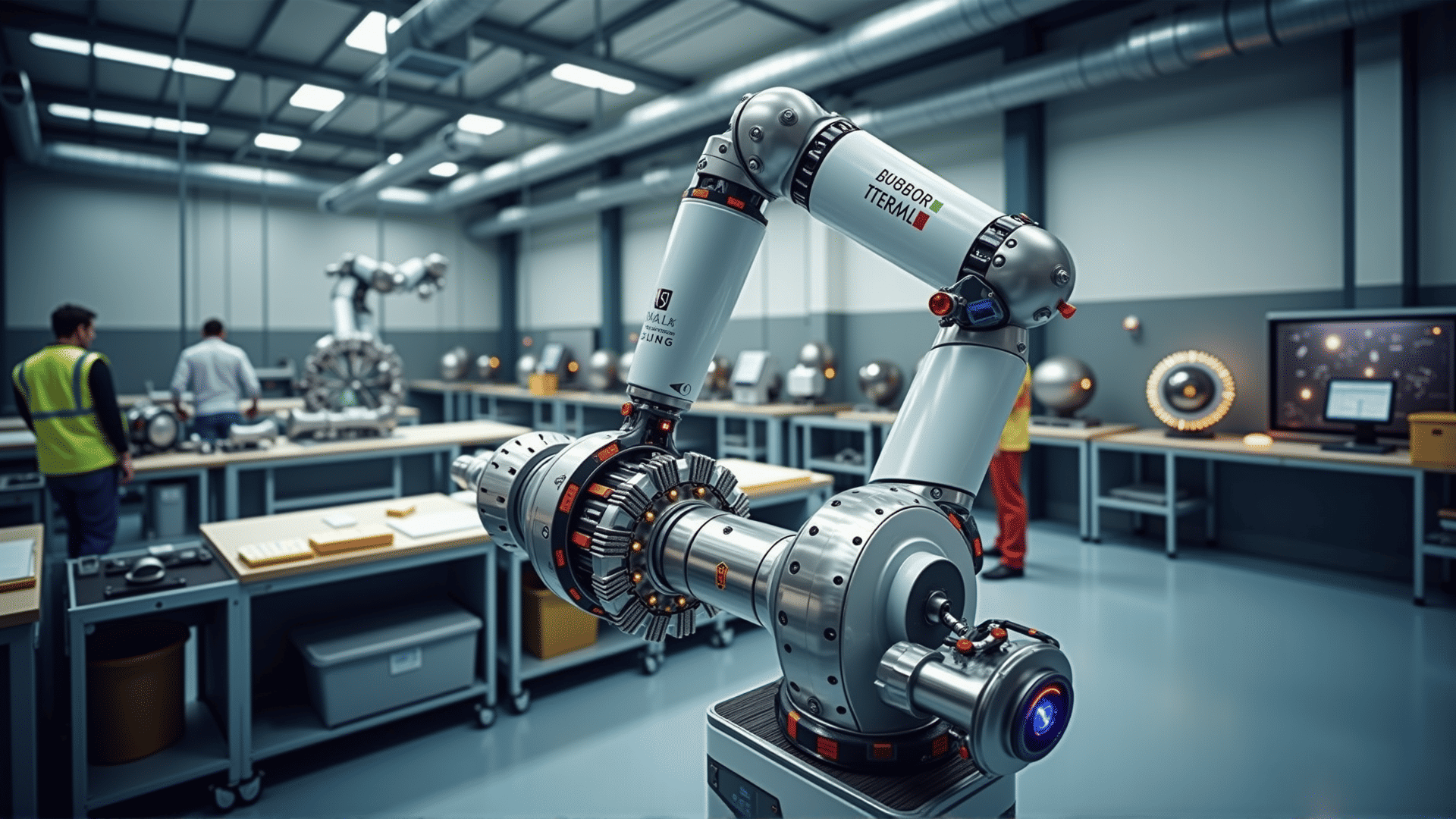Artificial Intelligence (AI) is at the forefront of revolutionizing the aerospace industry by significantly enhancing design, manufacturing, and operational processes. The integration of AI into aerospace technologies holds the promise of innovations that can lead to increased efficiency, safety, and performance.
One of the primary applications of AI in aerospace is in the design phase. AI-driven algorithms are being used to model and simulate complex aerodynamics and structural dynamics, leading to optimized aircraft designs. These AI tools can analyze vast datasets much faster than traditional methods, offering engineers a range of optimized design solutions in a fraction of the time. This results in the creation of more efficient and aerodynamically advanced aircraft, potentially reducing fuel consumption and emissions.
In manufacturing, AI-powered robotic systems are playing a crucial role in automating complex tasks, ensuring precision, and improving quality control. These systems can work continuously without fatigue, reducing production times and minimizing human error. Machine learning algorithms are also employed to predict maintenance needs and forecast potential faults before they occur, enhancing reliability and safety.
AI is also transforming the operational aspects of aerospace. In-flight, AI systems can assist pilots by analyzing real-time data to provide insights and recommend actions to optimize flight paths, manage fuel use, and enhance safety measures. Ground operations are similarly benefiting, with AI applications improving air traffic management by predicting traffic patterns and optimizing airport logistics to improve the overall passenger experience.
Furthermore, AI is pivotal in advancing autonomous flight technologies. Drones and UAVs (Unmanned Aerial Vehicles) are increasingly being equipped with AI for tasks ranging from surveillance and reconnaissance to commercial delivery services, showcasing the versatility and potential of AI-driven autonomous systems in the skies.
The integration of AI also brings challenges, such as ensuring data security and addressing ethical considerations related to autonomy and decision-making. Nonetheless, ongoing research and development continue to address these concerns, with the promise of further exciting advances in aerospace technology.
In conclusion, AI is proving to be a transformative force in the aerospace sector, enabling innovations that were previously considered ambitious. Its impact is felt across various facets, including design, manufacturing, and operations, paving the way for a more efficient, safe, and advanced aerospace industry. As AI technology continues to evolve, its role in advancing aerospace technologies is set to become even more integral, opening new frontiers in aviation and space exploration.
